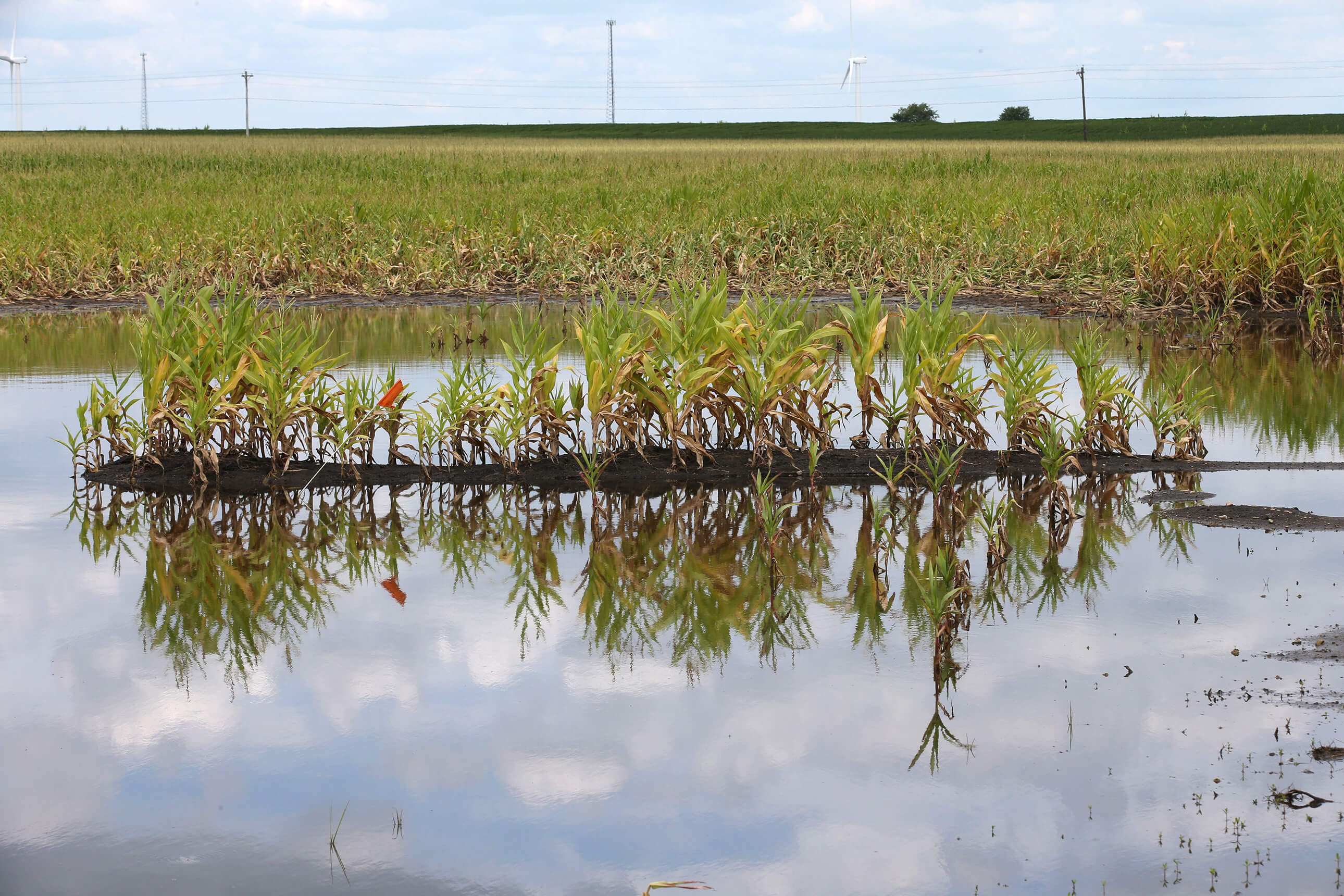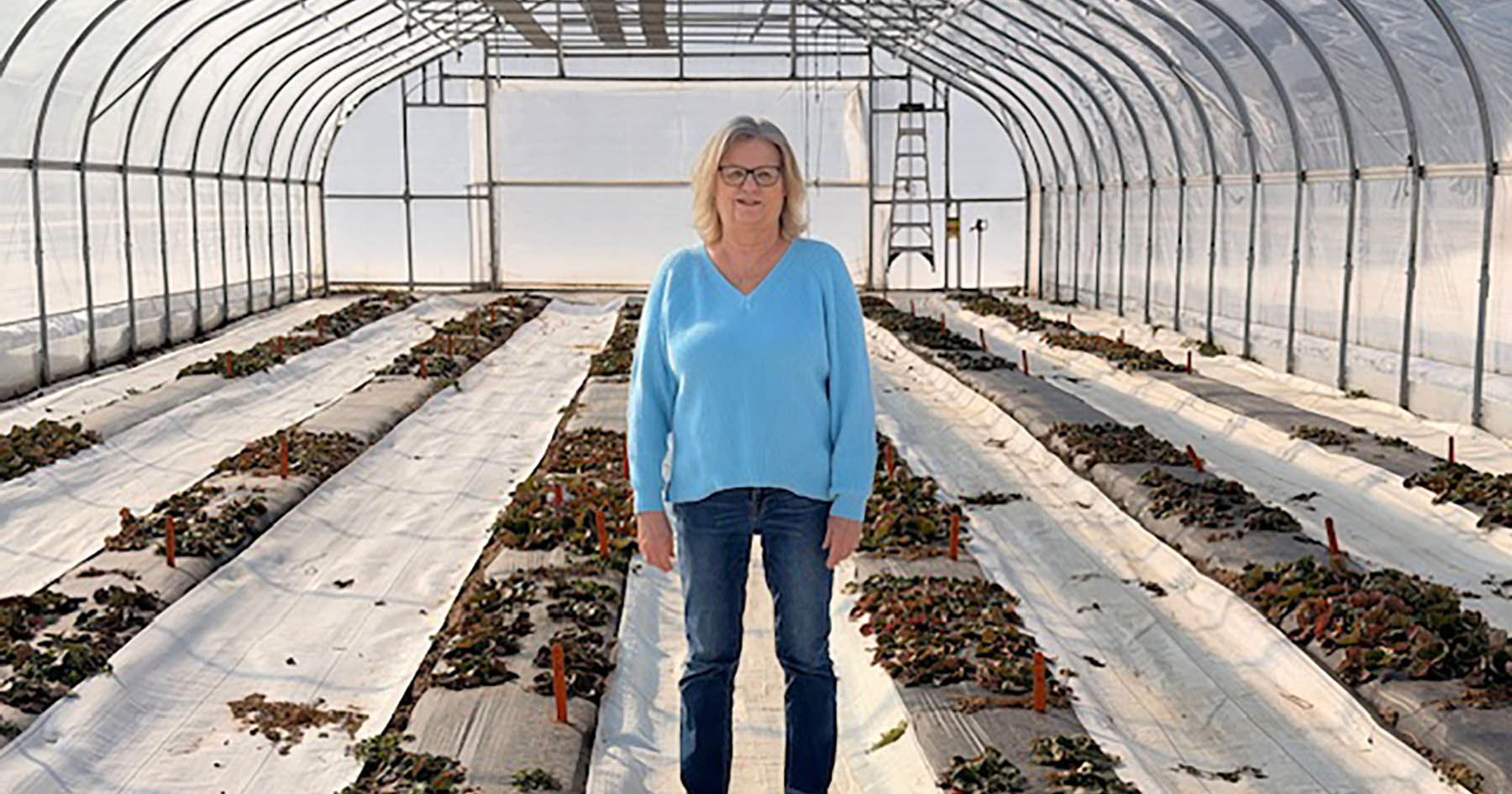Corn specialist says careful management needed for flood-damaged crops
Although two weeks of occasionally heavy rain and some unseasonably cold temperatures slowed planting progress and threatened newly emerging plants throughout Indiana, Purdue Extension corn specialist Bob Nielsen said there is still time to have a good grain crop if, as expected, weather conditions improved.
The key, Nielsen said, is careful crop management.
To help farmers make the best possible decisions about replanting and other crop management issues, Nielsen has posted a number of new resources to his Chat ‘n Chew Café website at http://www.kingcorn.org/cafe.
The site provides news and information on topics such as assessing frost/cold temperature injury to young corn, hybrid maturities for delayed planting, seedling diseases and possible nutrient loss.
Nielsen, professor of agronomy, cited recent history as a reason for farmers to remain optimistic. Even though planting was delayed in much of the state last year as well, both the corn and soybean harvests were strong.
Projections for a warm summer with near-normal precipitation throughout the state this summer could bode well for healthy crops in 2017 despite the soggy start.
“Planting date is not a good predictor of yield,” Nielsen said. “That is because yield is also influenced by a host of other growing-season factors. As far the weather goes, it’s not what has happened so far, but what happens from now on that will determine yield.”
Persistent, often heavy rains began falling in Indiana during the last week of April, triggering flood alerts throughout the state and inundating farm fields. Adding to farmers’ concerns, overnight temperatures in northern counties fell well below seasonal norms, possibly damaging seedlings.
About half the state’s corn crop had been planted by May 7 according to the USDA National Agricultural Statistics Service, still ahead of last year’s pace. Nielsen said it is too early to tell how many of those acres would have to be replanted due to the wet, cold weather.
He advised farmers to be aware of possible nitrogen loss and said that fungicidal seed treatments that were applied before the heavy rains could be wearing off.
“When the fields are dry enough to scout, it might need to be done twice to monitor the potential for seedling blight,” he said.
For Nielsen’s latest updates on crop conditions, follow him on Twitter at @PurdueCornGuy or visit his Chat 'n Chew Café website at http://www.kingcorn.org/cafe.






